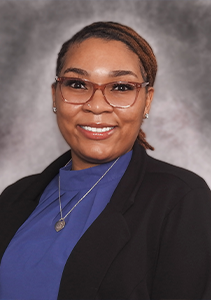The Cook County Health (CCH) is urging residents to take precautions to prevent home fires and burn injuries, which occur most commonly in the winter months. Fires and burn injuries are often caused by the use of unsafe heat sources, holiday decorations and cooking.
Dr. Stathis Poulakidas, Chair of Burn Surgery at CCH’s John H. Stroger Jr. Hospital, recommends the following tips ensure a safe and fun winter and holiday season:
- Keep flammable items at least three feet away from heat sources (including space heaters), cooking areas and candles.
- Inspect holiday lights for defects, like frayed wires, before putting them up.
- Do not overload electrical sockets.
- Use battery-operated/ flameless candles instead of traditional candles. If flame candles are used, place them in stable holders away from flammable materials and in a location where they cannot be knocked down.
- Never leave candles or contained fires unattended or burning overnight.
- Clean and inspect chimneys annually.
- Live Christmas trees should always have plenty of water and be displayed away from heating sources and candles.
- Stay in the kitchen while cooking, especially if frying, broiling or grilling food.
- Keep children away from the kitchen when cooking, and point pot and pan handles inward to prevent accidental spills.
- Never put water on a grease fire. If a small grease fire breaks out, cover it immediately with a pot, baking pan or baking soda. If the fire is not contained, evacuate your home right away.
- Install smoke and carbon monoxide alarms on every floor of your home and test them monthly. Replace batteries in alarms every year.
- Keep a working fire extinguisher in your home.
“In the winter, we see a lot of burns resulting from fires ignited by space heaters,” said Dr. Poulakidas. “Another frequent injury we see this time of year are scalds that occur when water is boiled on the stove for a bath, which can cause life-threatening injuries. Burns like these can be devastating for children and adults alike.”
For additional fire prevention recommendations, visit the National Fire Protection Association’s website at www.nfpa.org.


